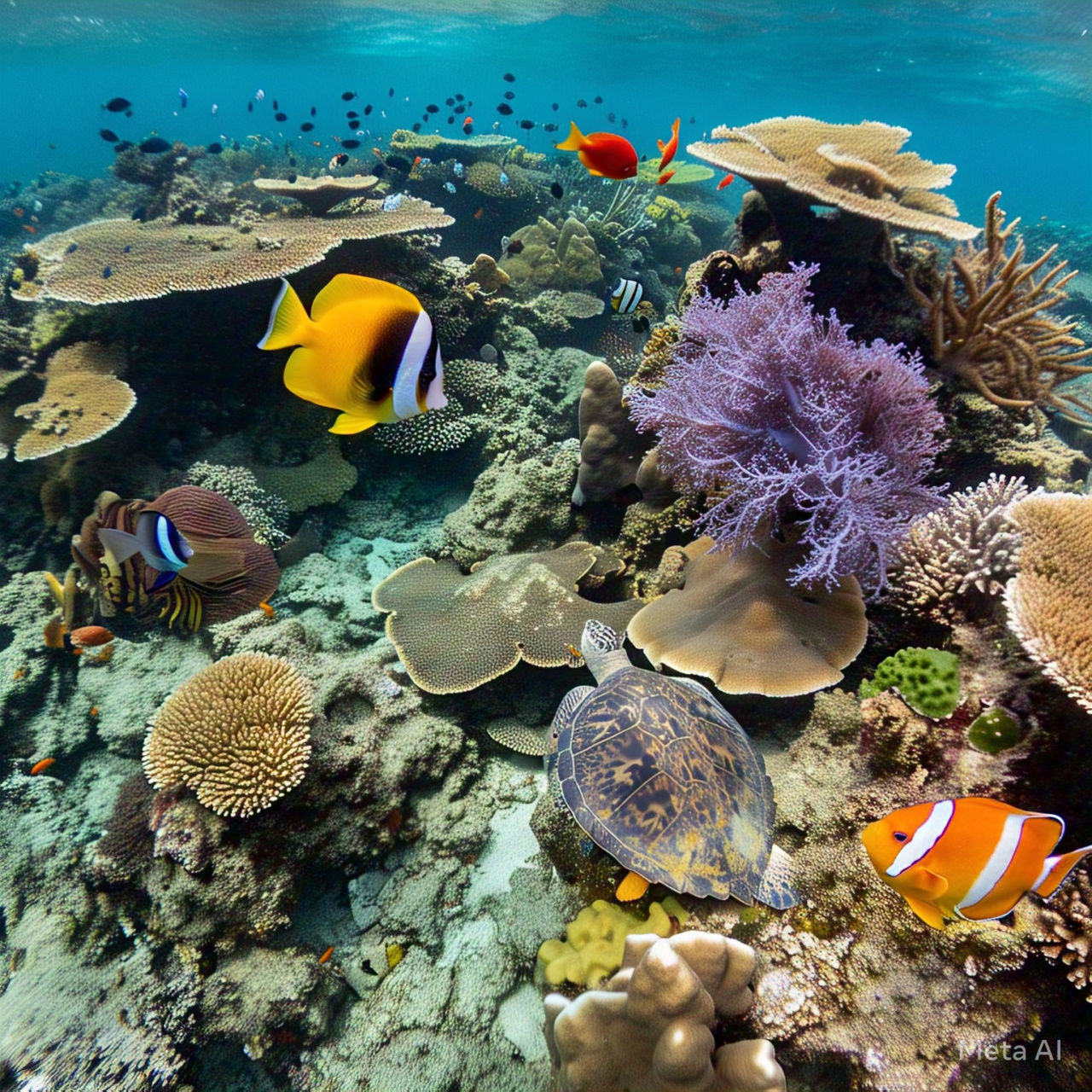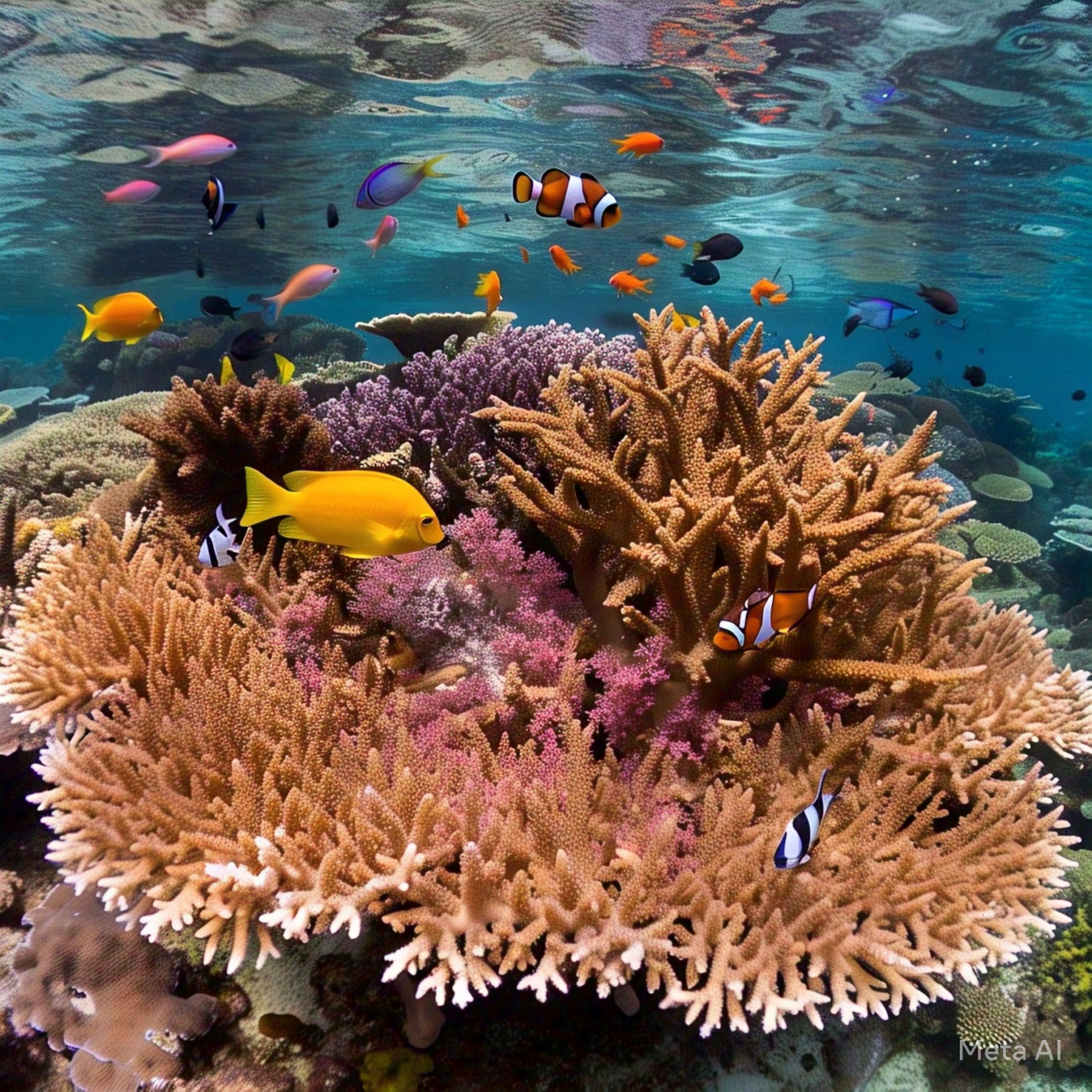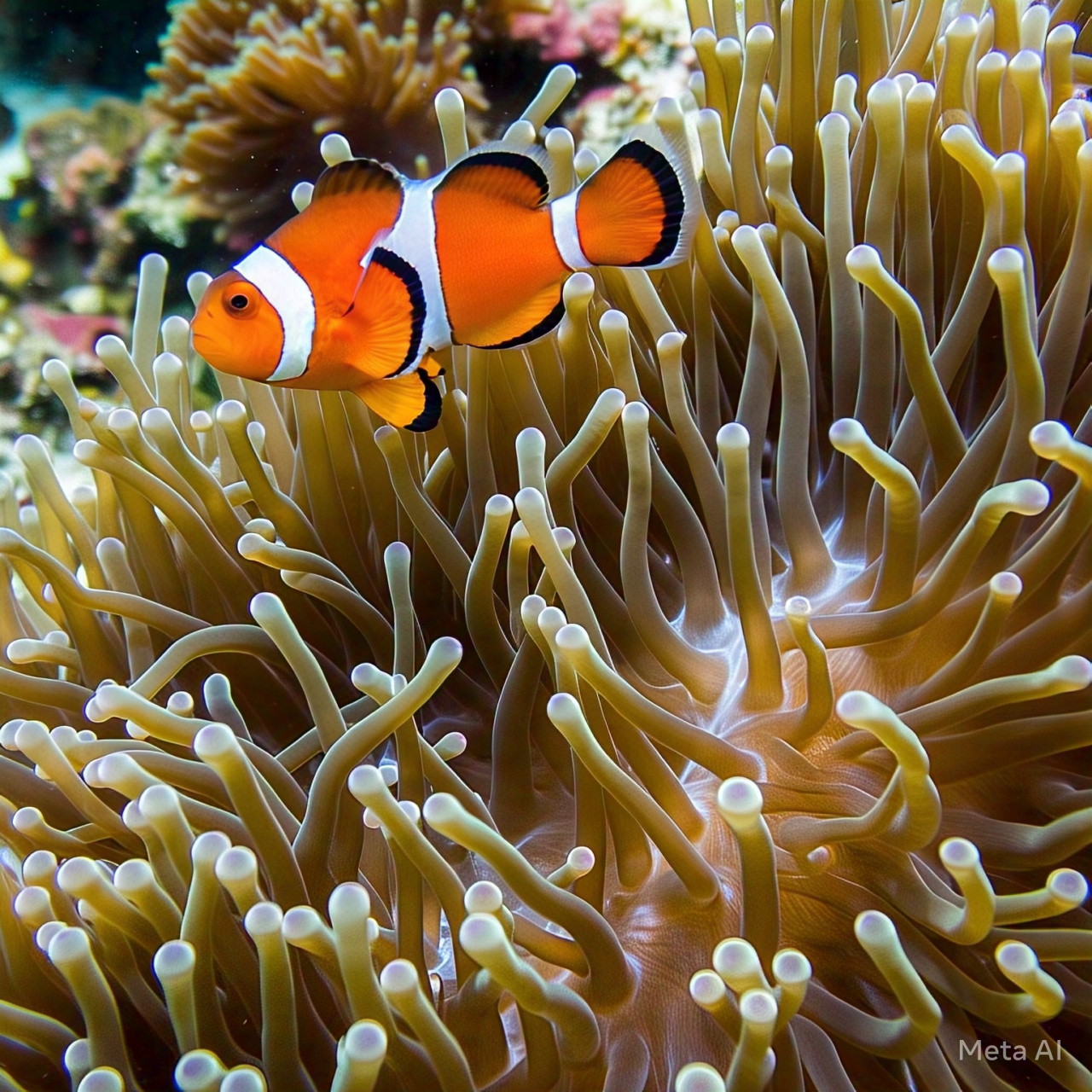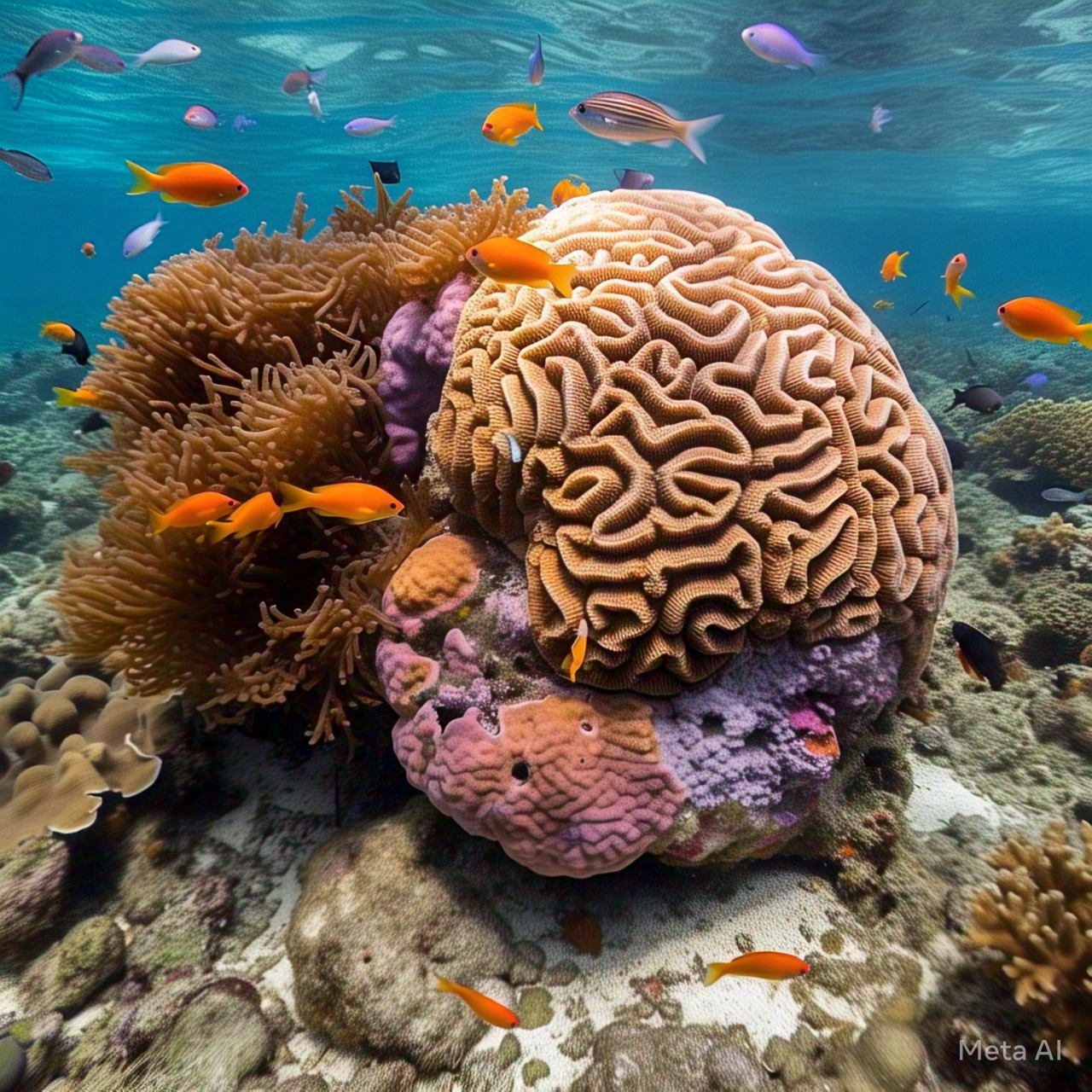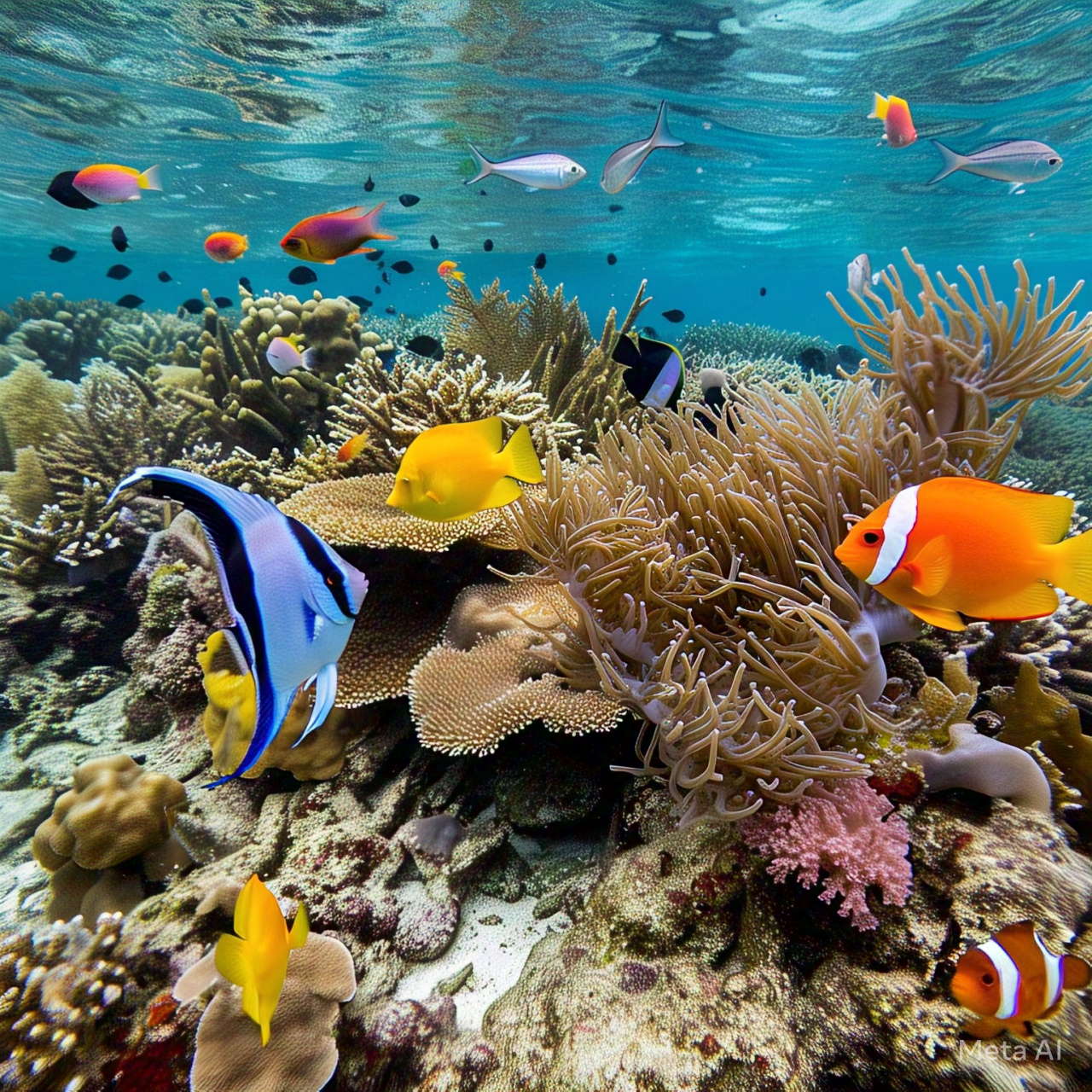The Living Rainforests of the Ocean
Coral reefs are among the most diverse ecosystems on Earth, rivaling rainforests in their complexity and biodiversity. These underwater structures are built by tiny animals called coral polyps that secrete calcium carbonate to form protective skeletons.
Despite covering less than 1% of the ocean floor, coral reefs support approximately 25% of all marine species, providing habitat, food, and breeding grounds for countless fish, invertebrates, and other marine organisms.
